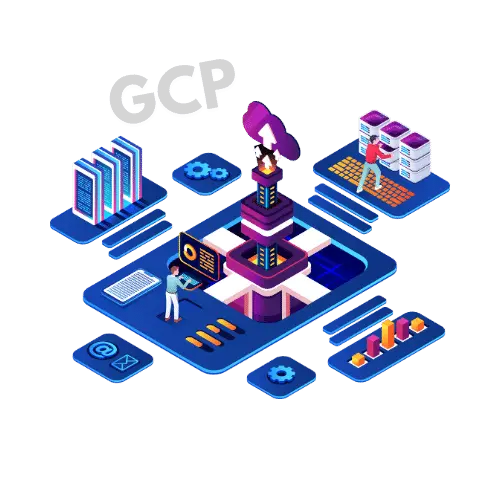- Courses
- Resources
- Our Entities
- Placements
- Upcoming Batches
- Courses
- Resources
- Our Entities
- Placements
- Upcoming Batches
Blockchain is a decentralized, distributed ledger technology that records transactions across many computers in such a way that the registered transactions cannot be altered retroactively. It operates without a central authority, relying on consensus mechanisms such as Proof of Work or Proof of Stake to validate transactions and maintain the integrity of the system. Each block in the chain contains a list of transactions, a timestamp, and a cryptographic hash of the previous block, ensuring security and immutability. This structure makes blockchain highly resistant to tampering and fraud.
Date:
Update Soon
Time
08:30 AM to 09:30 AM
60 Days
Learning Format:
Training
Course Curriculum
India’s #1 Software Training Institute


Decentralization: No single point of control; data is distributed across a network.
Immutability: Once data is recorded, it cannot be altered or deleted.
Transparency: All transactions are visible to authorized participants (especially in public blockchains).
Security: Cryptographic methods ensure data integrity and prevent tampering.
Blocks & Chains: Data is stored in blocks linked chronologically to form a chain.
Consensus Mechanisms: Methods like Proof of Work (PoW) or Proof of Stake (PoS) validate transactions.
Smart Contracts: Self-executing programs that automate processes based on predefined conditions.
Trustless Transactions: Allows parties to transact without needing mutual trust or intermediaries.
Efficiency & Speed: Automates and streamlines processes, reducing delays and costs.
Auditability: Easy to trace and verify transaction history for compliance and transparency.
Cryptocurrencies: Foundation for digital currencies like Bitcoin and Ethereum.
Supply Chain Management:Improves traceability and reduces fraud.
Healthcare & Identity: Secures patient data and digital identities.
Voting Systems & Legal: Enables secure, tamper-proof digital voting and contract execution.


What is Blockchain?
History and evolution
Types of blockchain: Public, Private, Consortium
Key features: Decentralization, immutability, transparency
Blocks, chains, and nodes
Hashing and cryptography
Distributed ledger technology (DLT)
Consensus mechanisms (PoW, PoS, others)
Introduction to Bitcoin and Ethereum
Wallets, addresses, and transactions
Mining and gas fees
Use cases of cryptocurrencies
What are smart contracts?
Writing smart contracts in Solidity
Deploying smart contracts on Ethereum
Smart contract security best practices
Overview of DApps
Tools: Web3.js, Ethers.js, MetaMask
Front-end and smart contract integration
Remix IDE, Ganache, Truffle, Hardhat
Setting up a local Ethereum development environment
Testing and debugging smart contracts
ERC-20, ERC-721, ERC-1155 token standards
Creating and managing tokens
Introduction to NFTs and marketplaces
Supply chain, healthcare, identity management
DeFi (Decentralized Finance) and Web3
Blockchain in governance and voting
Layer 2 scaling solutions (e.g., Polygon, Optimism)
Cross-chain interoperability
Blockchain as a Service (BaaS)
DAOs (Decentralized Autonomous Organizations)



Connect with us for Life-changing opportunities







Blockchain is a decentralized digital ledger that records transactions across many computers securely and immutably.
What programming languages are used in blockchain development?
It depends on your background and course intensity — anywhere from a few weeks to several months.
Smart contracts are self-executing code on the blockchain that automatically enforce agreements when conditions are met.
Roles include blockchain developer, smart contract engineer, blockchain architect, consultant, and more.

Fill in your details to register for the program